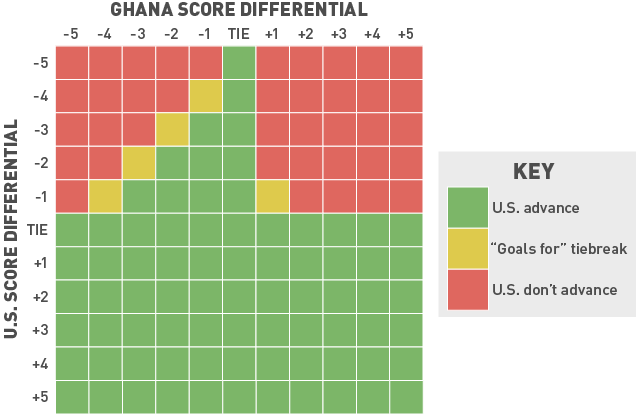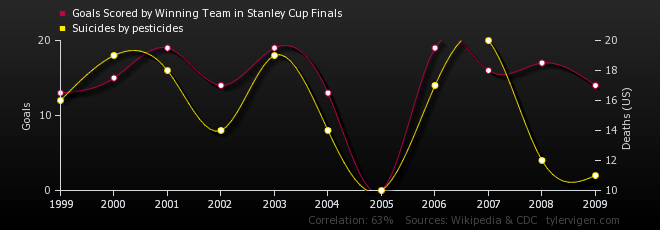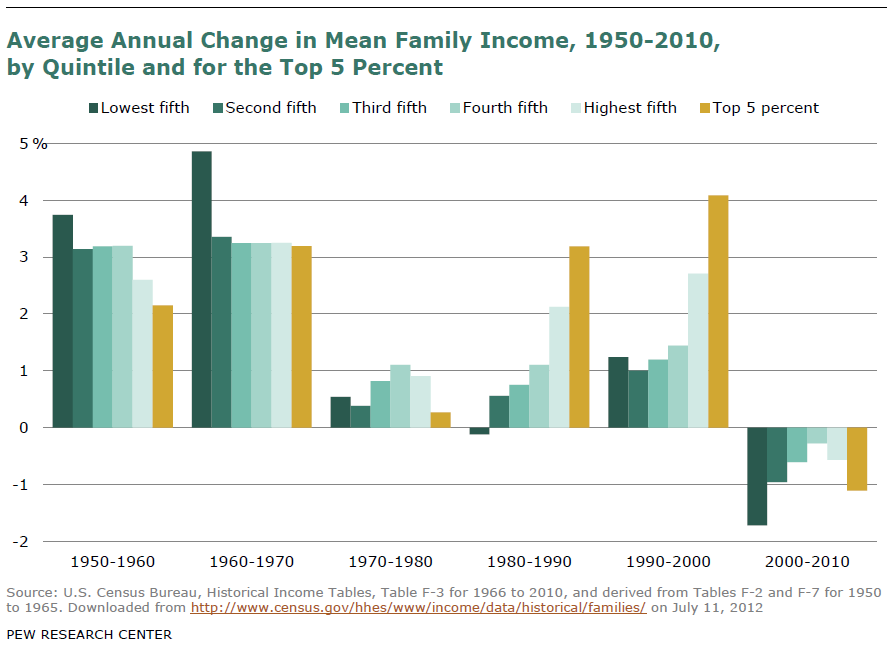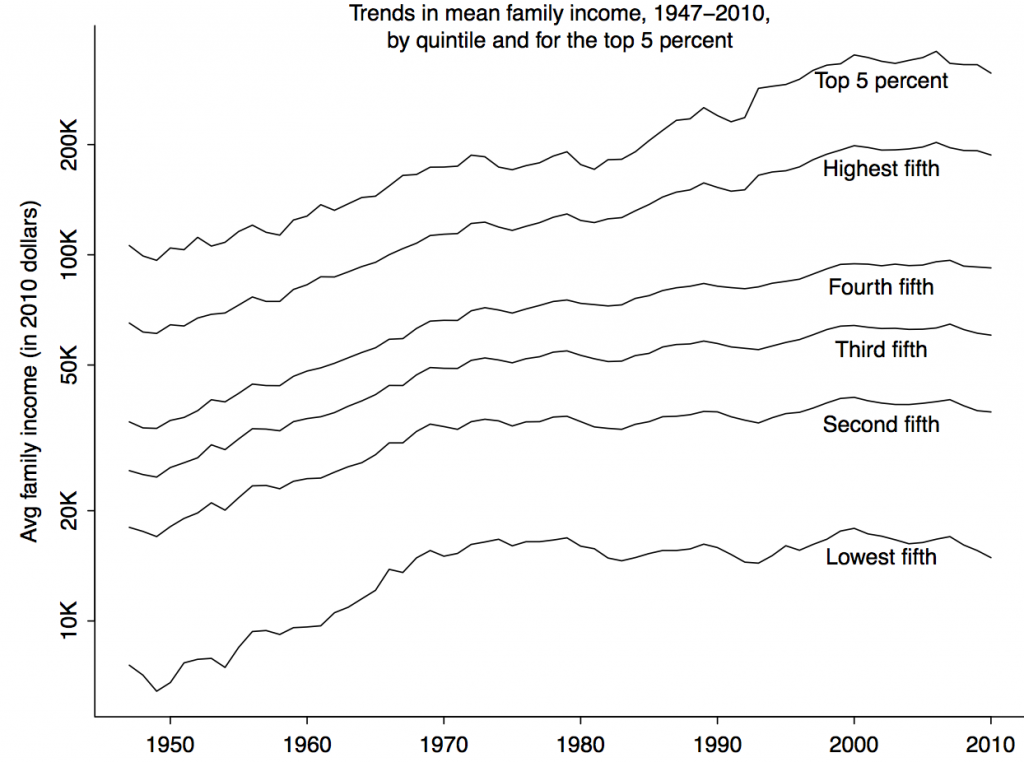From the always helpful folks at Deadspin, I give you an infographic with the rundown of the US prospects to advance to the Round of 16. Note that the “Ghana Score Differential” on the top axis is for the Ghana-Portugal game. The first tiebreaker is goal differential, which is what this graphic breaks down. The second tiebreaker is total goals scored over three games (the gold boxes).
Here are the take-home points:
- The US are in with a win or a tie.
- The US are in with a Ghana-Portugal tie.
- Absent that, US fans should probably root for a low-scoring Ghana-Portugal contest, with Portugal as the rooting interest.



